KFOR spokesman: Institutions in north "not parallel"
Thursday, 22.12.2011.
23:39

KFOR spokesman: Institutions in north "not parallel" In an interview for B92, Uwe Nowitzki stated that KFOR "cooperates with presidents of the four Serb municipalities" in the solving of practical issues in the field. This statement comes at a time when German Chancellor Angela Merkel is demanding the abolishment of the Serbian institutions in northern Kosovo, where local Serbs form a majority and are rejecting the authority of the Kosovo Albanian-led government in Pristina. B92's Aleksandar Miladinovic interviewed Uwe Nowitzki on Thursday, December 22: Q: How far has the investigation into the incident (of Nov. 28) progressed? Why are we still awaiting the results of the investigation of a similar event at Jarinje that happened several months ago? A: That's an easy question - investigations take time. KFOR is not responsible for investigations - that's an issue of law and order. Q: Have you been helping EULEX? A: No, like I said, the investigation is purely a police issue, and what we have done is hand over the evidence we had to EULEX and institutions with jurisdiction, and now they should deal with it. And that also applies to the incident of November 28. As long as EULEX has no freedom of movement in the north, there are no possibilities for an investigation. Q: However General Erhard Drews said that video footage alone was enough to identify those responsible for the incident. Where is that footage and what do we know about it? A: As General Drews said on Monday of last week, the video was handed over to institutions who have jurisdiction, and where it is right now - I do not know. I think it's in good hands and that it will be used. But this is not only about the video - as we know very well, we need to uncover the whole network of that structure. And EULEX as well as the KPS are working on it, and I'm sure it's in good hands. Q: What is your comment concerning the timing of the incidents? Many are prone to say that KFOR decided to remove the (Serb) barricades only a few days before some very important decisions were to be taken in Brussels regarding Serbia's EU future. Are the two events tied in their timing, and were tensions raised on purpose? A: No, as a matter of fact, no. We always said we did not wish to hurt anyone, when NATO moved to remove the barricades for its operative and tactical reasons. In this case, we were monitoring this barricade (at Jagnjenica) during the weekend and we noticed that a small number of people were guarding it - we're talking four or five people. And on that Monday morning there were only four or five people at the barricade, so that was the right moment for it to be removed, when there were no people nearby that could be placed in danger. And we did it well - we removed the barricade and established our zone without incidents within an hour. Everything else that led to the violence happened afterwards, when radical demonstrators arrived, or so-called demonstrators, because they are not really demonstrators. Q: What sort of activity can we expect from KFOR in the future? Is the removal of the barricades when a handful of people are guarding them still the tactic and the timing of KFOR? A: We have said it before - we need freedom of movement not only for KFOR - and even KFOR does not have freedom of movement in the full sense. They (Serbs) will always stop us at some barricade, ask us what the purpose of our movement is, and that has nothing to do with freedom of movement - although we are later able to pass through the barricade. That really has nothing to do with freedom of movement. EULEX has no freedom of movement, and we could see that last week in the case of the Russian humanitarian convoy - and that is still our demand. Q: How pleased is KFOR with the cooperation with Belgrade and local Serb authorities in the field? Do you still refer to them as parallel or illegal institutions while you cooperate with them? A: This is not about parallel or illegal structures - I don't think those terms are adequate. The four municipal presidents in the north were elected in line with the will of the people who live there, and for KFOR, that means we cooperate with them if we need to talk about freedom of movement in the north, or supplies to our troops. That's the reason we talk to them and that's a good example for all. Q: You have spent a lot of time with local Serbs at the barricades, often in taverns - commander Drews even shared some brandy with them. When all's said and done, did you expect your task in Kosovo to be this difficult? A: Yes and no. As you know, I spent a few months in Afghanistan, and compared to that, I'm really enjoying the peaceful times here. Still, I must admit I never expected to have 30 injured soldiers in Kosovo, I simply did not expect that. This interview was translated from Serbian KFOR troops and local Serbs at Jagnjenica on Nov. 30 (Beta) A spokesman for the NATO troops in Kosovo, KFOR, says that this international mission "does not think there are parallel and illegal institutions in northern (Serb-dominated) Kosovo". Journalist: Aleksandar Miladinovic A spokesman for the NATO troops in Kosovo, KFOR, says that this international mission "does not think there are parallel and illegal institutions in northern (Serb-dominated) Kosovo".
KFOR spokesman: Institutions in north "not parallel"
In an interview for B92, Uwe Nowitzki stated that KFOR "cooperates with presidents of the four Serb municipalities" in the solving of practical issues in the field.This statement comes at a time when German Chancellor Angela Merkel is demanding the abolishment of the Serbian institutions in northern Kosovo, where local Serbs form a majority and are rejecting the authority of the Kosovo Albanian-led government in Priština.
B92's Aleksandar Miladinović interviewed Uwe Nowitzki on Thursday, December 22:
Q: How far has the investigation into the incident (of Nov. 28) progressed? Why are we still awaiting the results of the investigation of a similar event at Jarinje that happened several months ago?
A: That's an easy question - investigations take time. KFOR is not responsible for investigations - that's an issue of law and order.
Q: Have you been helping EULEX?
A: No, like I said, the investigation is purely a police issue, and what we have done is hand over the evidence we had to EULEX and institutions with jurisdiction, and now they should deal with it. And that also applies to the incident of November 28. As long as EULEX has no freedom of movement in the north, there are no possibilities for an investigation.
Q: However General Erhard Drews said that video footage alone was enough to identify those responsible for the incident. Where is that footage and what do we know about it?
A: As General Drews said on Monday of last week, the video was handed over to institutions who have jurisdiction, and where it is right now - I do not know. I think it's in good hands and that it will be used. But this is not only about the video - as we know very well, we need to uncover the whole network of that structure. And EULEX as well as the KPS are working on it, and I'm sure it's in good hands.
Q: What is your comment concerning the timing of the incidents? Many are prone to say that KFOR decided to remove the (Serb) barricades only a few days before some very important decisions were to be taken in Brussels regarding Serbia's EU future. Are the two events tied in their timing, and were tensions raised on purpose?
A: No, as a matter of fact, no. We always said we did not wish to hurt anyone, when NATO moved to remove the barricades for its operative and tactical reasons. In this case, we were monitoring this barricade (at Jagnjenica) during the weekend and we noticed that a small number of people were guarding it - we're talking four or five people. And on that Monday morning there were only four or five people at the barricade, so that was the right moment for it to be removed, when there were no people nearby that could be placed in danger. And we did it well - we removed the barricade and established our zone without incidents within an hour. Everything else that led to the violence happened afterwards, when radical demonstrators arrived, or so-called demonstrators, because they are not really demonstrators.
Q: What sort of activity can we expect from KFOR in the future? Is the removal of the barricades when a handful of people are guarding them still the tactic and the timing of KFOR?
A: We have said it before - we need freedom of movement not only for KFOR - and even KFOR does not have freedom of movement in the full sense. They (Serbs) will always stop us at some barricade, ask us what the purpose of our movement is, and that has nothing to do with freedom of movement - although we are later able to pass through the barricade. That really has nothing to do with freedom of movement. EULEX has no freedom of movement, and we could see that last week in the case of the Russian humanitarian convoy - and that is still our demand.
Q: How pleased is KFOR with the cooperation with Belgrade and local Serb authorities in the field? Do you still refer to them as parallel or illegal institutions while you cooperate with them?
A: This is not about parallel or illegal structures - I don't think those terms are adequate. The four municipal presidents in the north were elected in line with the will of the people who live there, and for KFOR, that means we cooperate with them if we need to talk about freedom of movement in the north, or supplies to our troops. That's the reason we talk to them and that's a good example for all.
Q: You have spent a lot of time with local Serbs at the barricades, often in taverns - commander Drews even shared some brandy with them. When all's said and done, did you expect your task in Kosovo to be this difficult?
A: Yes and no. As you know, I spent a few months in Afghanistan, and compared to that, I'm really enjoying the peaceful times here. Still, I must admit I never expected to have 30 injured soldiers in Kosovo, I simply did not expect that.
This interview was translated from Serbian












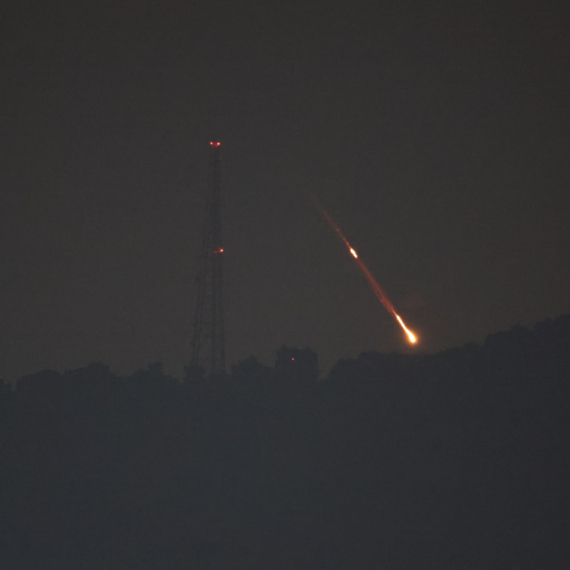
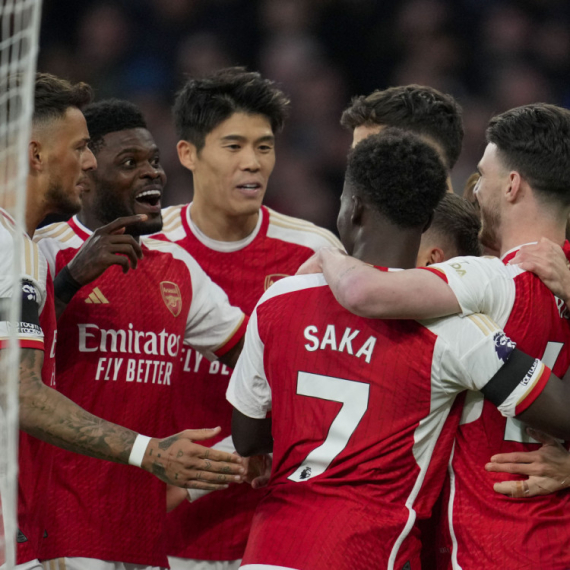

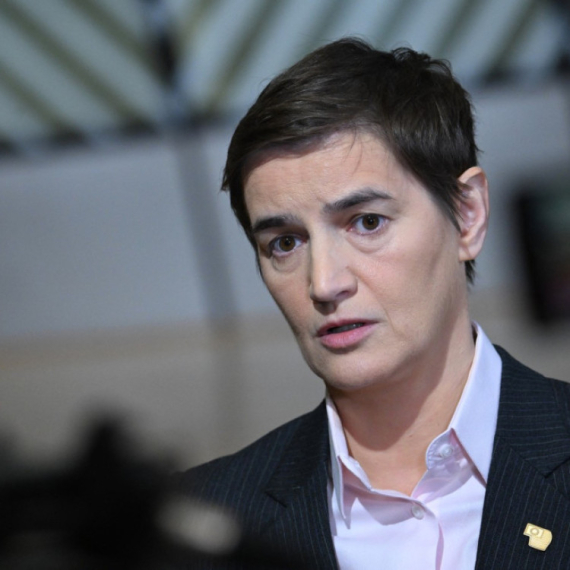

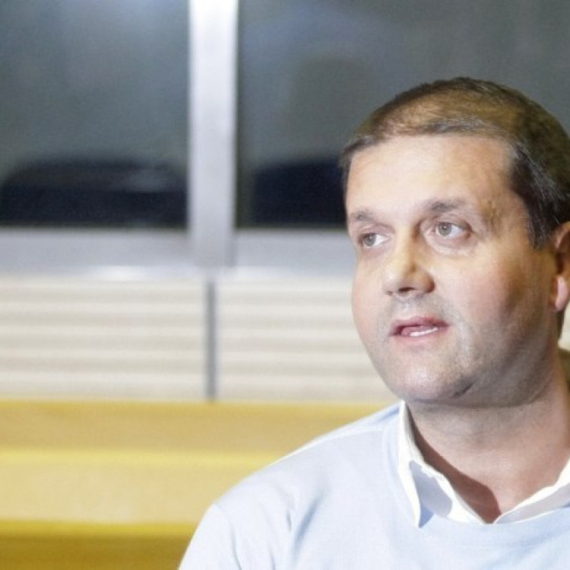

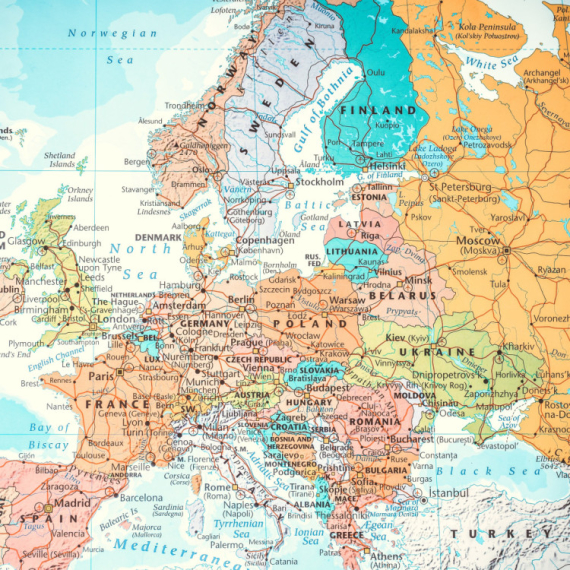



























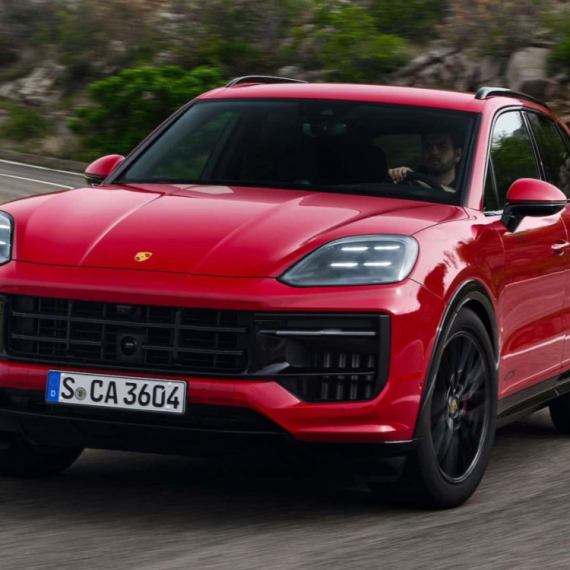





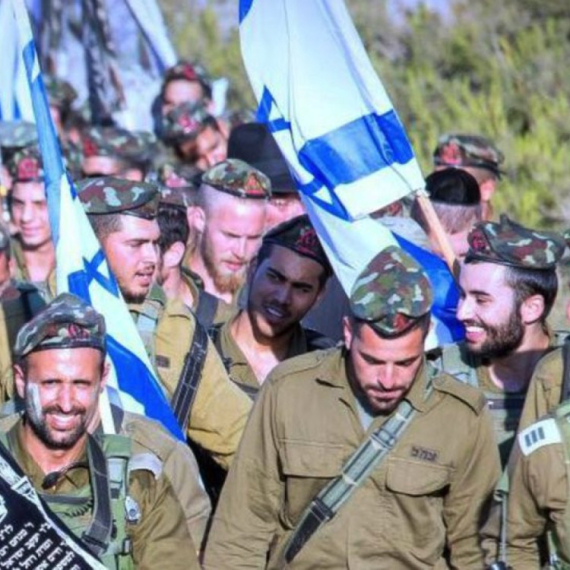




Komentari 4
Pogledaj komentare